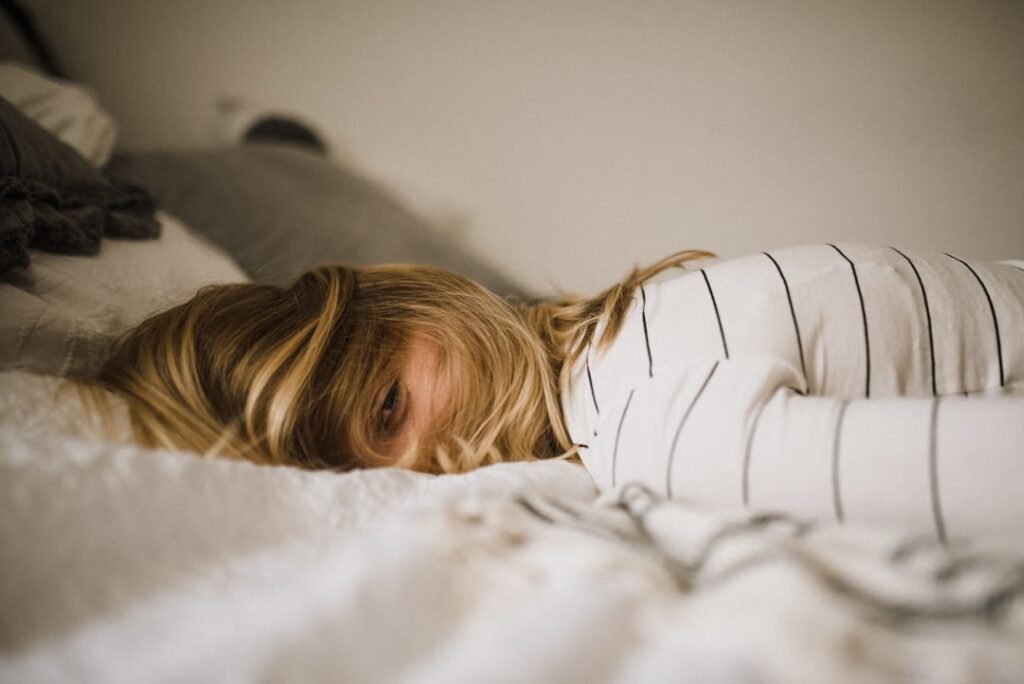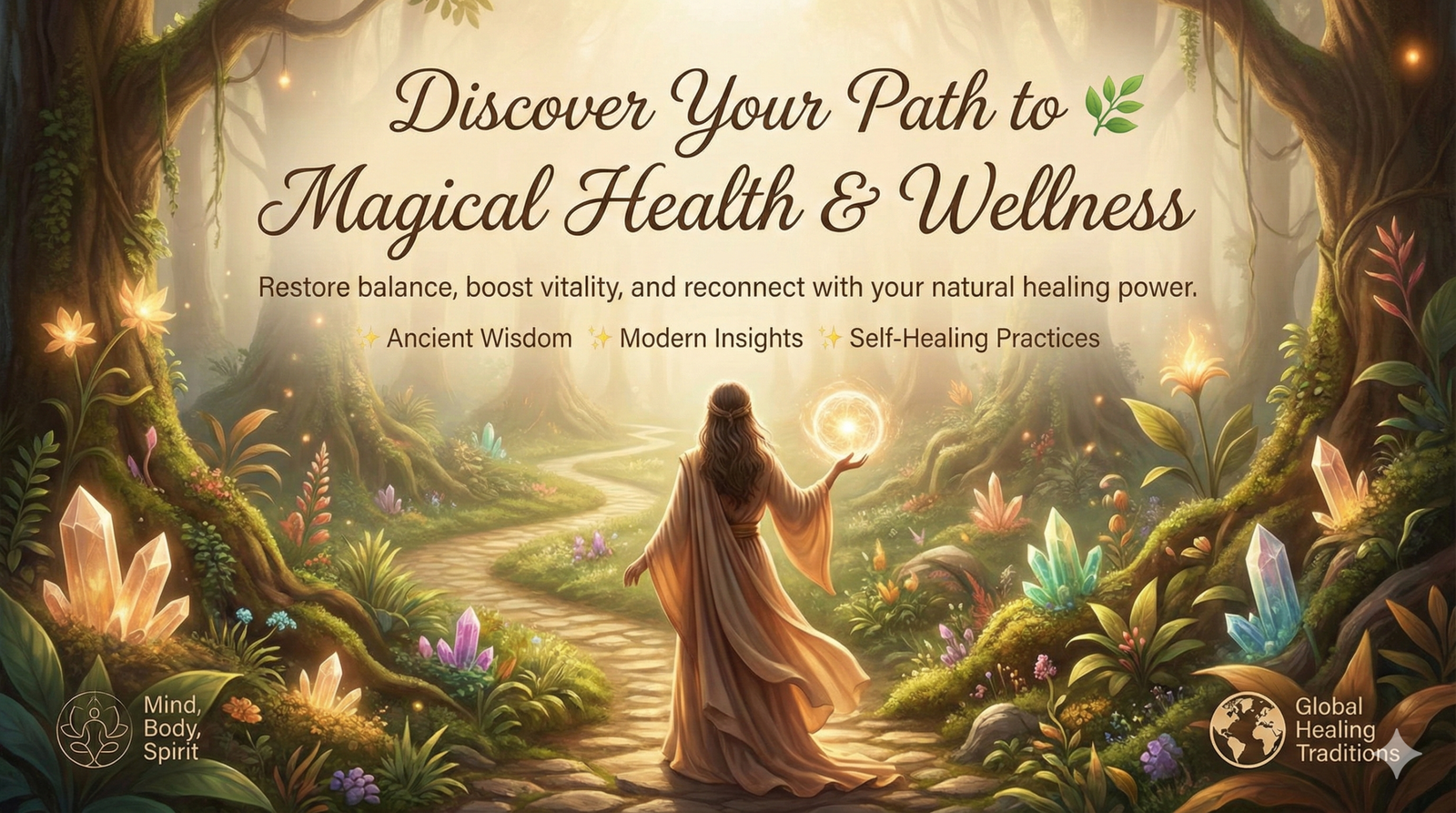Healthy Sleep Made Easy: Some Transformative Tips

We know how crucial our healthy sleep is for our well-being. That’s why we’re eager to share tips on achieving sound sleep and better sleep quality. This will help you enjoy the full benefits of a good night’s rest. We’ll explore how much sleep you need and offer practical advice for a sleep-friendly environment and regular sleep schedule.
Getting enough sleep is key, and studies show adults need at least seven hours each night for health. School-age kids need nine hours, and teens should aim for eight to ten hours. By focusing on sleep, we can wake up feeling refreshed and ready to tackle the day.
Key Takeaways Tips
- Healthy sleep is essential for overall health and well-being, and understanding how much sleep you need is crucial.
- Creating a sleep-conducive environment and establishing a consistent sleep schedule can improve sleep quality.
- Practicing mindfulness and meditation can reduce anxiety and improve sleep quality, leading to better sleep.
- Reading before bed can cut stress levels in half in about six minutes, promoting healthy sleep.
- Getting the right amount of sleep is vital, and adults need at least seven hours or more of sleep each night for optimal health, which is a key aspect of healthy sleep.
Understanding Your Sleep Needs: The Real Science Behind Rest
Sleep is more than just a break from the day. It’s a key part of our health and happiness. The American Academy of Sleep Medicine says adults should sleep 7-9 hours each night. Knowing how much sleep we need helps us sleep better.
Sleep is a big part of our lives, making up 25% to 33% of our total time. It shows how important sleep is. Sleep science also tells us that sleep cycles last 70 to 120 minutes, with different stages in each cycle. This makes us see how complex and vital sleep is for our health.
How much sleep we need changes as we get older. Babies need 16-18 hours a day for growth and brain development. Kids and teens need 9.5 hours each night. Most adults need 7-9 hours. Knowing this helps us make better sleep choices.
In short, sleep is crucial for our health and happiness. By learning about sleep needs and the science behind it, we can improve our sleep. Whether you’re young or old, getting enough sleep is key for good health.
The Ultimate Power of Healthy Sleep for Mind and Body
Healthy sleep habits are key for our mental and physical health. They greatly impact our quality of life. Adults need seven to nine hours of sleep each night for the best health. Children and teens need different amounts of sleep based on their age.
The benefits of good sleep include better thinking, emotional control, and physical health. Sleep and mental health are closely connected. Research shows sleep deprivation can increase depression, anxiety, and other mental health issues.
About one-third of our lives is spent sleeping. Poor sleep can cause fatigue, sleepiness, and poor focus. By focusing on healthy sleep, we can boost our well-being and lower mental health risks.
Sleep deficiency is linked to serious health problems like obesity, high blood pressure, and type 2 diabetes. Symptoms of depression and stress management issues are also tied to short sleep. Making healthy sleep a priority helps protect our physical and mental health.
Creating Your Optimal Sleep Environment
Improving sleep quality starts with a good sleep environment. Focus on temperature, lighting, and noise control. A cool bedroom, between 60 to 67 degrees Fahrenheit, is key. Also, use lighting control to avoid light that stops melatonin production.
A comfortable mattress and pillows are vital. The wrong bedding can cause headaches and pain. Reducing noise helps you sleep deeper and wake up less. White noise machines can help block out distracting sounds.
Here are some tips for a better sleep environment:
- Use blackout curtains for a dark room, which helps melatonin production
- Choose a comfortable mattress and pillows for better sleep
- Keep your bedroom cool with a thermostat, between 60 to 67 degrees Fahrenheit
- Reduce noise with earplugs, white noise machines, or soundproofing
Follow these tips to improve your sleep environment. Wash your bedding often to keep it clean. A well-designed sleep space greatly improves your sleep quality.
Establishing a Sleep-Promoting Daily Routine
To get better sleep, we need a consistent sleep schedule, even on weekends, as the Sleep Foundation suggests. A daily routine helps regulate our sleep, boosting energy and mental clarity. Start by setting a realistic sleep goal and creating a calming bedtime routine.
A regular sleep schedule is key for better sleep, with 7–8 hours nightly recommended. Begin your bedtime routine 30–60 minutes before sleep with activities like reading or meditation. Also, avoid screens for at least an hour before bed to improve sleep by up to 20%.
Creating a sleep-friendly environment is also crucial. Keep your room cool, use a comfy mattress, and avoid light after sunset. These habits can make your sleep better and help you wake up feeling great.
Remember, a consistent sleep schedule sets your body’s internal clock. By focusing on sleep and a daily routine, we can improve our sleep quality and overall health.
Natural Methods for Better Sleep Quality
Getting a good night’s sleep is key, and we’re looking into natural ways to do it. By adding relaxation techniques, healthy eating, and exercise to our day, we can feel better in the morning. It’s important to not do too much exercise right before bed.
Meditation and deep breathing can calm our minds and bodies, making it easier to sleep. Keeping a regular sleep schedule and a cozy sleep space also helps. Plus, eating light meals and avoiding caffeine and nicotine before bed can help us sleep better.
Here are some tips for better sleep:
- Stick to a regular sleep schedule
- Make your bedroom cool and dark
- Stay away from screens before bed
- Exercise regularly, but not right before bed
By using these natural sleep methods, we can sleep better and wake up feeling great. Remember, bad sleep can lead to serious health issues like heart disease and depression. By focusing on sleep and healthy living, we’re on the path to a better life.
Technology and Sleep: Finding the Balance
Technology and sleep have a complex relationship. Finding a balance is key for a good night’s rest. Screen time can affect sleep, as blue light from devices can reduce melatonin by up to 60%. This makes it harder to fall asleep. Also, about 90% of adults use electronic devices before bed, leading to sleep issues.
To reduce technology’s impact on sleep, make your sleep area tech-free. Avoid screens for at least an hour before bed, as the Sleep Foundation advises. Blue light-blocking glasses or apps can also help improve sleep. Setting a digital curfew and sticking to a sleep schedule can also help regulate your body’s clock for better sleep.
Here are some tips to lessen technology’s impact on sleep:
- Set a “screens off” time to promote a regular sleep schedule
- Use apps to automatically disconnect devices at set times
- Make your bedroom a tech-free zone to increase sleep time
By following these tips and being mindful of our tech use before bed, we can enhance our sleep quality. This way, we wake up feeling rested and refreshed.

Common Sleep Disruptors and How to Overcome Them
Sleep disruptors like stress and anxiety can really hurt our well-being. They can make it hard to sleep well. Studies show that broken sleep can make us tired during the day. This can mess up our school or work life and even increase accident risks.
Managing stress is key to beating sleep disruptors. Light exercise a few hours before bed can relax muscles and help sleep. Keeping a regular sleep schedule and avoiding screens before bed also helps. Using relaxation methods like deep breathing or meditation can calm us down for better sleep.
Here are some ways to handle sleep disruptors:
- Make your sleep area comfy
- Stay away from caffeine and alcohol at night
- Try yoga or tai chi to reduce stress
By knowing what disrupts our sleep and using these tips, we can start to improve our sleep. Good sleep is vital for our health, and it’s worth making it a priority.
Advanced Sleep Optimization Techniques
We’re always searching for better ways to sleep. One method is sleep optimization, which uses advanced techniques to enhance sleep quality. This includes sleep stage manipulation, which aims to improve the quality of our rest by adjusting sleep stages.
Studies suggest that sleep stage manipulation and wake-back-to-bed can boost sleep quality. These methods help increase deep sleep and enhance overall rest. Also, sticking to a regular sleep schedule and creating a sleep-friendly environment can improve sleep quality.
Here are some advanced sleep optimization techniques:
- Sleep stage manipulation: This involves manipulating the different stages of sleep to improve the quality of our rest.
- Wake-back-to-bed: This involves setting our alarm to wake up after a few hours of sleep, staying awake for a short time, and then going back to bed.
- Sleep scheduling: This involves establishing a consistent sleep schedule to help regulate our body’s internal clock.

By applying these advanced techniques, we can enhance our sleep quality. This leads to waking up feeling more refreshed. It’s crucial to remember that sleep optimization isn’t just about the techniques. It’s also about creating a sleep-friendly environment and adopting healthy sleep habits. Combining these methods with a healthy lifestyle can significantly improve our sleep and overall health.
Conclusion: Your Journey to Restorative Sleep Starts Now
We’ve talked about the key to better sleep. Making restorative sleep a top priority in your life is crucial. By setting a regular sleep schedule and making your bedroom sleep-friendly, you’ll sleep better and wake up feeling great.
Starting your sleep journey is easy. Just cut down on screen time before bed and avoid exciting activities at night. Also, make your bedroom a calm place. Try progressive muscle relaxation or deep breathing exercises to relax before sleep.
Here are more tips for better sleep:
- Stick to a sleep schedule every day, including weekends
- Stay away from caffeine and alcohol before bed
- Exercise regularly, but not right before bed
- Have a calming bedtime routine to tell your body it’s time to sleep
Building good sleep habits takes time and work, but it’s worth it. By focusing on restorative sleep, you’ll boost your health and happiness.
Additional Tips for Better Sleep
We know how crucial sleep hygiene is for a good night’s sleep. To get better sleep, stay away from caffeine, nicotine, and big meals before bed. A calming bedtime routine, like reading or a warm bath, can also help.
Here are more sleep tips to boost your sleep quality:
- Avoid caffeine 10 hours before bedtime
- Limit alcohol and food 3 hours before bed
- Relax 2 hours before bed as part of the 10-3-2-1-0 rule for sleep
By adding these sleep hygiene habits to your day, you can sleep better and wake up feeling great. Remember, good sleep is key to your health and well-being.

Final Thoughts on Healthy Sleep
As we wrap up our exploration of healthy sleep, it’s clear how vital it is for our well-being. Adults need at least seven hours of sleep each night. Also, over 2 million healthcare providers worldwide use UpToDate for sleep health advice.
Not getting enough sleep can harm our health, mood, relationships, and work or school performance. By setting a regular sleep schedule and doing relaxing activities before bed, we can better match our sleep to our body’s natural circadian rhythms.
Small changes can greatly improve our sleep. Try to get 30 minutes of sunlight in the morning. Also, keep naps short, around 20 minutes, in the early afternoon. And, exercising for at least 30 minutes during the day can also help. By focusing on healthy sleep, we can greatly benefit our minds and bodies.
Let’s start our journey towards better sleep. It will bring us more energy, better thinking, and a greater sense of well-being. Together, we can fully experience the benefits of healthy sleep and live our best lives.
FAQ
How much sleep do we need?
What are the benefits of healthy sleep?
How can we create a sleep-conducive environment?
Why is establishing a consistent sleep schedule important?
What are some natural methods for improving sleep quality?
How does technology affect our sleep?
What are common sleep disruptors and how can we overcome them?
What are advanced techniques for optimizing sleep?
What are some additional tips for improving sleep quality?
Source Links
- Bedtime Routines for Adults – https://www.sleepfoundation.org/sleep-hygiene/bedtime-routine-for-adults
- Good Sleep for Good Health – https://newsinhealth.nih.gov/2021/04/good-sleep-good-health
- How to Sleep Better with a Bedtime Routine – https://www.heart.org/en/healthy-living/healthy-lifestyle/sleep/how-to-sleep-better-with-a-bedtime-routine
- Brain Basics: Understanding Sleep – https://www.ninds.nih.gov/health-information/public-education/brain-basics/brain-basics-understanding-sleep
- The Science of Sleep: Understanding What Happens When You Sleep – https://www.hopkinsmedicine.org/health/wellness-and-prevention/the-science-of-sleep-understanding-what-happens-when-you-sleep
- How Sleep Works: Understanding the Science of Sleep – https://www.sleepfoundation.org/how-sleep-works
- What happens when we sleep, and why we need just the right amount each night – https://www.heart.org/en/news/2023/03/16/what-happens-when-we-sleep-and-why-we-need-just-the-right-amount-each-night
- Sleep Matters: The Impact Of Sleep On Health And Wellbeing – https://www.mentalhealth.org.uk/explore-mental-health/publications/sleep-matters-impact-sleep-health-and-wellbeing
- Why At Least 7 Hours of Sleep Is Essential for Brain Health – https://medicine.utah.edu/neurology/news/2023/06/why-at-least-seven-hours-of-sleep-is-essential
- How to Make a Sleep-Friendly Bedroom – National Sleep Foundation – https://www.thensf.org/how-to-make-a-sleep-friendly-bedroom/
- Bedroom Environment: What Elements Are Important? – https://www.sleepfoundation.org/bedroom-environment
- Fall asleep faster and sleep better – Every Mind Matters – https://www.nhs.uk/every-mind-matters/mental-wellbeing-tips/how-to-fall-asleep-faster-and-sleep-better/
- 12 Tips for Better Sleep Hygiene – https://www.healthline.com/health/sleep-hygiene
- Sleep Education at the Sleep Matters Initiative – Brigham and Women’s Hospital – https://www.brighamandwomens.org/initiatives/sleep-matters/sleep-education
- 6 steps to better sleep – https://www.mayoclinic.org/healthy-lifestyle/adult-health/in-depth/sleep/art-20048379
- Natural Sleep Aids: Home Remedies to Help You Sleep – https://www.hopkinsmedicine.org/health/wellness-and-prevention/natural-sleep-aids-home-remedies-to-help-you-sleep
- 10 Ways to Sleep Better Naturally – https://www.healthline.com/health/natural-sleeping-remedies
- The Impact of Technology on Sleep Patterns: Finding Balance in a Digital Age – https://info.ancsleep.com/blog/the-impact-of-technology-on-sleep-patterns-finding-balance-in-a-digital-age
- Technology and Sleep: How to Find Balance for Better Rest – https://bettersleep.org/blog/technology-and-sleep-setting-boundaries-for-a-more-restful-night/
- Technology in the Bedroom – https://www.sleepfoundation.org/bedroom-environment/technology-in-the-bedroom
- Interrupted Sleep: Causes & Helpful Tips – https://www.sleepfoundation.org/sleep-deprivation/interrupted-sleep
- Common sleep disruptors and how to address them | UCI Health – https://www.ucihealth.org/blog/2024/01/common-sleep-disruptors
- 20 Tips for How to Sleep Better – https://www.sleepfoundation.org/sleep-hygiene/healthy-sleep-tips
- 8 Ways to Optimize Your Sleep Score | Science-Backed Tips – https://extension.health/how-to-perfect-your-sleep-score/
- How to Establish a Restorative Sleep Routine – https://medcline.com/blogs/sleep-science/establishing-restorative-sleep-routine?srsltid=AfmBOoqTfKiVnBBP7DvdBZtkklQoU6sBG151jP2wVgAvaDmzfE4kU1Ve
- Mastering Sleep Hygiene: Your Path to Quality Sleep – https://www.sleepfoundation.org/sleep-hygiene
- 15 Proven Tips to Sleep Better at Night – https://www.healthline.com/nutrition/17-tips-to-sleep-better
- Health Tips | 10 Habits for Better Sleep – https://www.choosept.com/health-tips/10-habits-better-sleep
- What Is Healthy Sleep? – https://www.sleepfoundation.org/sleep-hygiene/what-is-healthy-sleep
- Sleep 101: Why Sleep Is So Important to Your Health | The Pursuit | University of Michigan School of Public Health | Adolescent Health | Child Health | Chronic Disease | Epidemic | Mental Health | Obesity – https://sph.umich.edu/pursuit/2020posts/why-sleep-is-so-important-to-your-health.html
🌸 Discover Weight Management Supplements That Works — Handpicked for You
Curated health & beauty essentials our readers trust — explore your new self-care favorites.
🌸 Discover Beauty That Works — Handpicked for You
Curated health & beauty essentials our readers trust — explore your new self-care favorites.
💖 Connect with SmartWellnessBeauty
Join our wellness & beauty community for daily inspiration, mindful living, and radiant self-care — follow us across your favorite platforms.
Explore More ✨











Thanks for sharing. I read many of your blog posts, cool, your blog is very good.